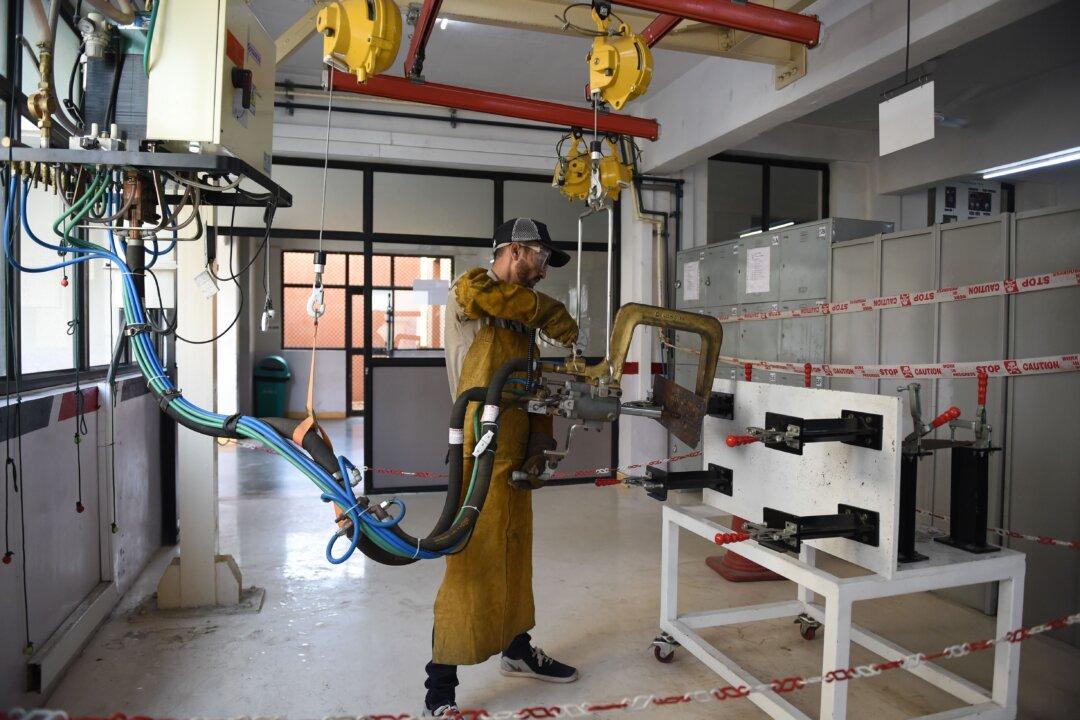Japan has budgeted $2.2 billion to encourage its manufacturing firms to leave China as pandemic-driven shortages highlight supply chain risks.
The funds to get companies to move away from China come from Japan’s massive COVID-19 emergency relief package, Bloomberg reported. Some $2 billion has been allocated for firms repatriating to Japan, while the remainder is to go to companies shifting production away from the Chinese mainland to other countries.





